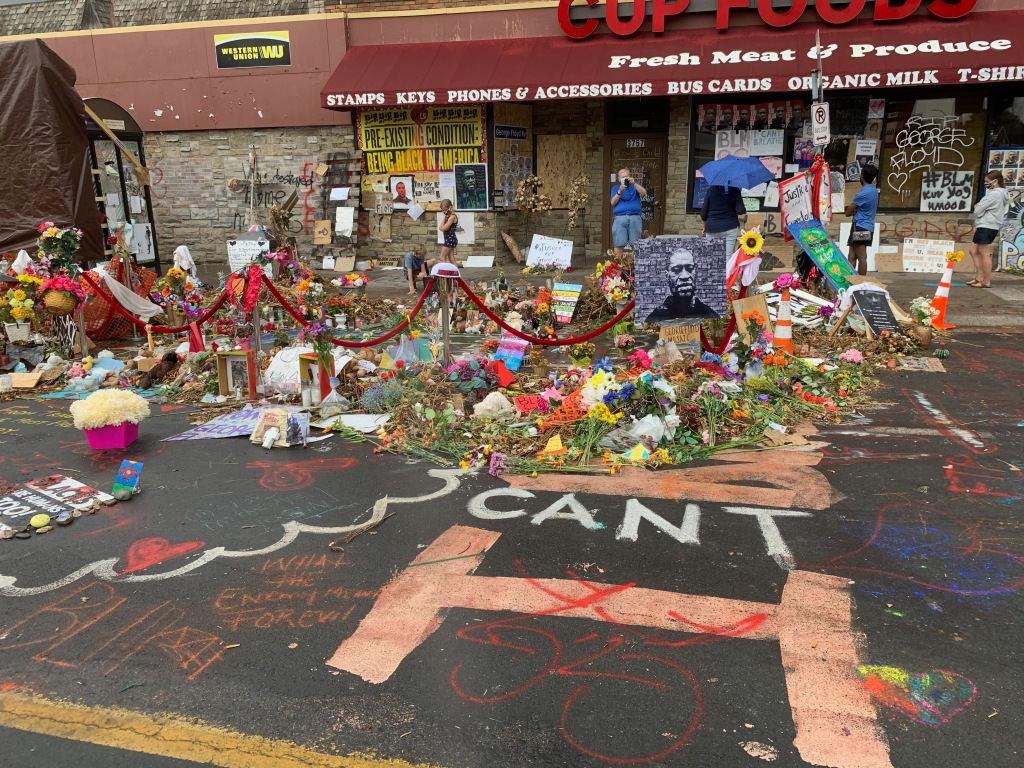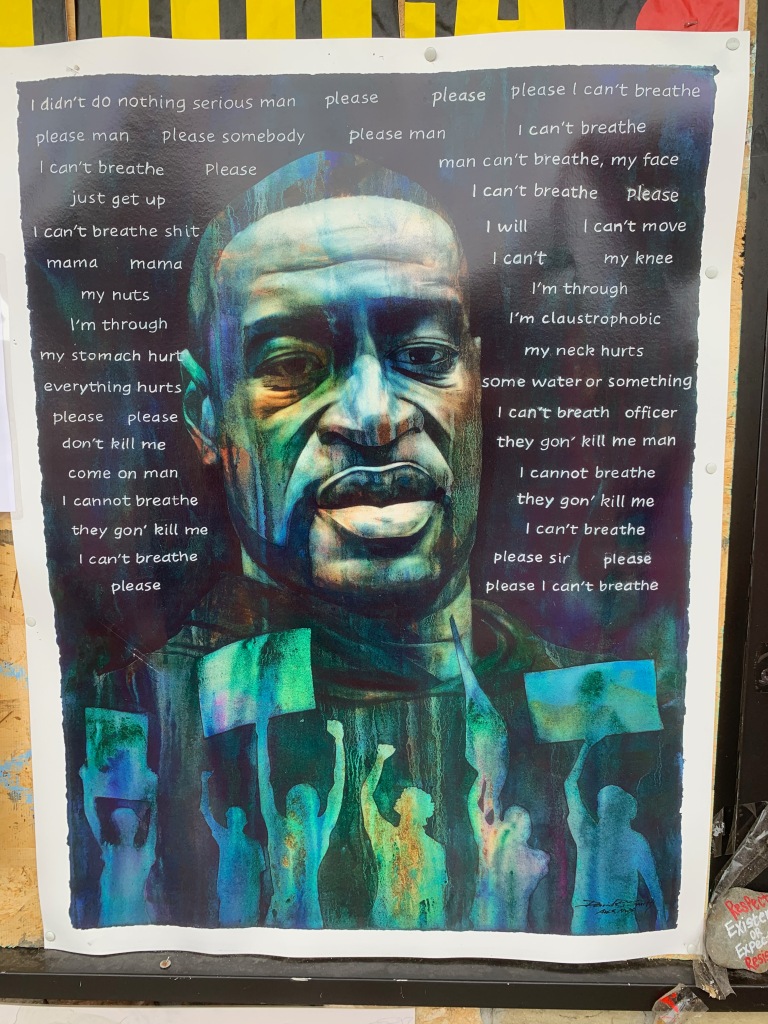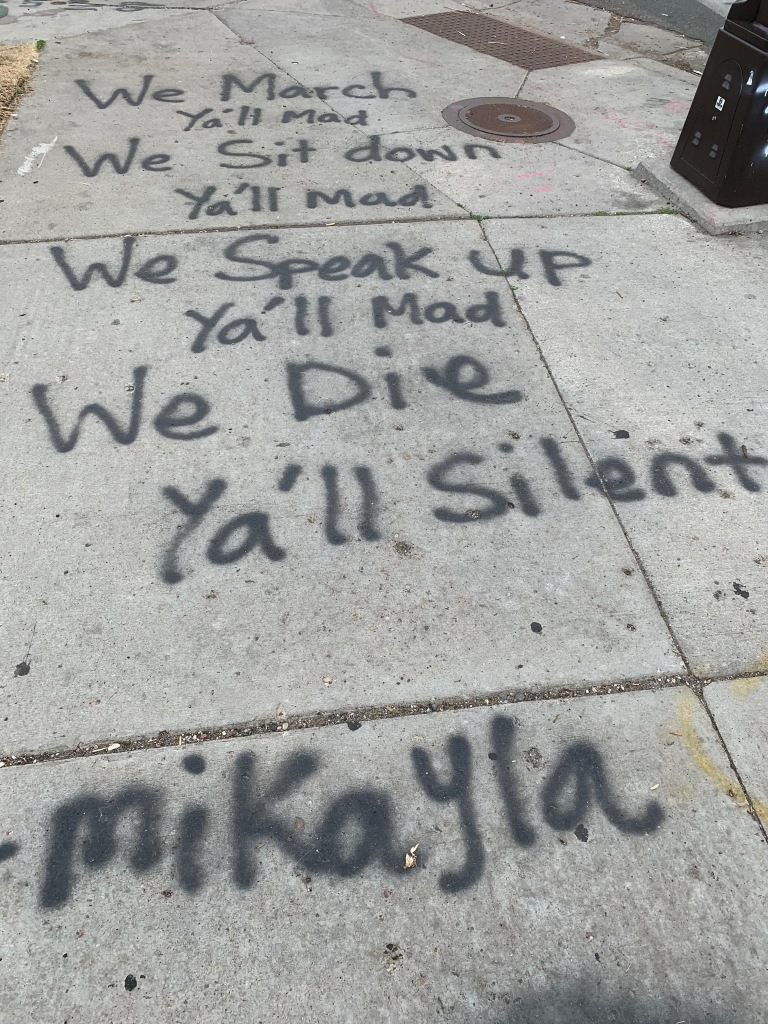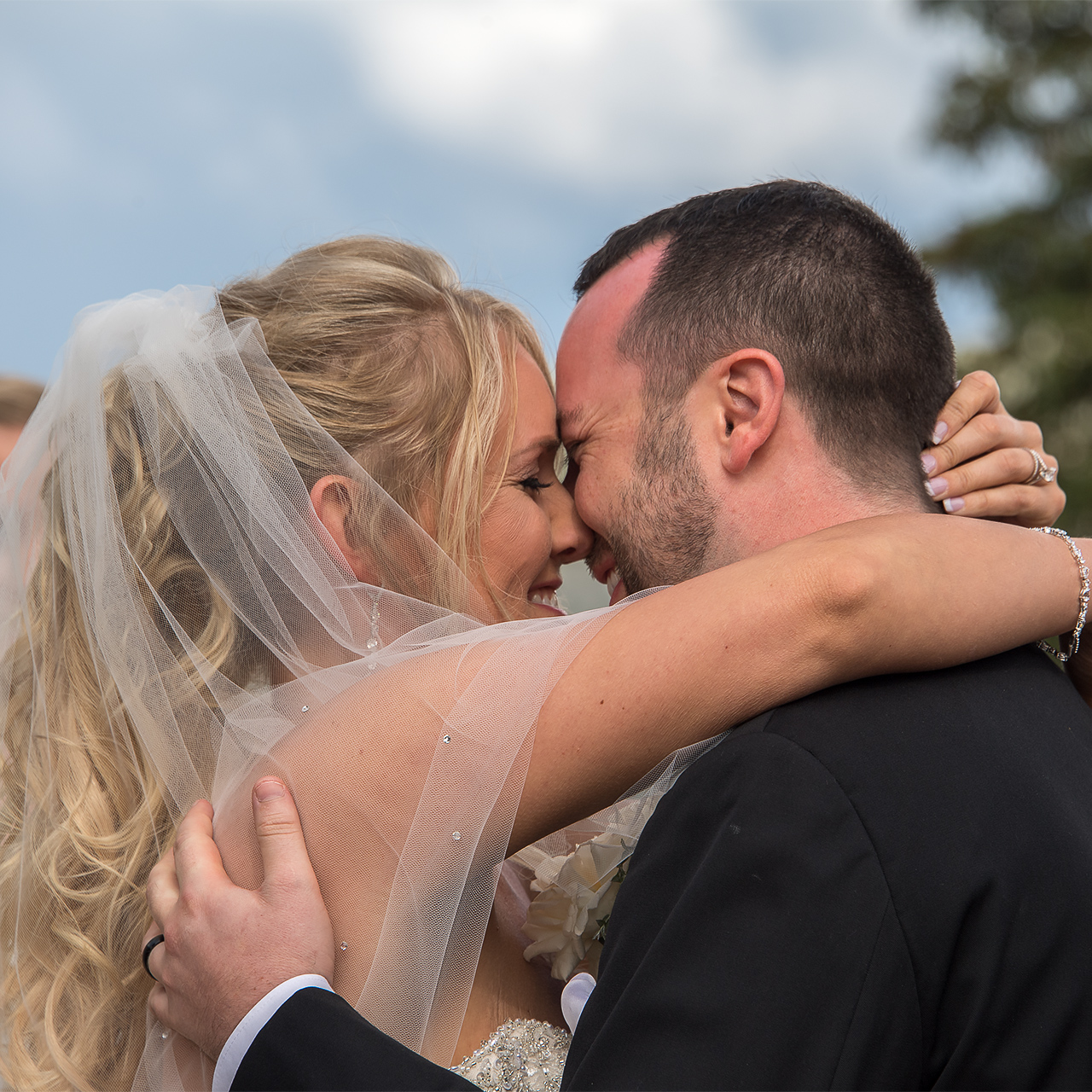On July 8, I had the privilege of giving the Charge to the Couple during the wedding ceremony for my son Tim and his bride Stella. Since so many people we know and love around the world could not witness this incredibly joyful experience, I am reproducing the Charge here as this month’s essay. So many longtime couples who were present at the service told me that the message was not just for a bride and groom, but for longtime couples as well.
Charge to the Couple
The Rev. Dr. Timothy C. Geoffrion
What does it take to make a couple’s love stay strong? What kind of love is needed to not only make a marriage last, but to enable it to blossom and to flourish continually?
As you may know there are many different kinds of “love” in human experience: love for family; love for friends; romantic love; erotic love; and the kind of love that Greek writers called, agape. And when we speak about love between a husband and wife, there are also many different ideas about what marriage means: Should we think of marriage in utilitarian terms, a contract between a man and woman to produce a family and secure a couple’s well-being in old age? Is it a romantic saga wherein a strong hero rescues the damsel in distress and cares for her valiantly for the rest of their lives? Is it about passion, a union that allows for the fulfillment of every dream and desire? Or is it really about a treasured friendship between a man and woman, who simply want to be together and to spend the rest of their lives in each other’s company?
There is not one right answer to these questions, and these options are not mutually exclusive. What matters the most is not so much what answers you come up with, but that you are willing to find answers that work for both of you. In other words, marriage is not simply about trying to meet your own individual needs or to gratify your own desires, but to develop a relationship in which you work with each other to create something beautiful and good for both of you.
What kind of love do you have and will you seek for each another? What kind of marriage do you envision, and do you intend to create?
We read in Genesis 2 (verses 18-24) that from the beginning of time, men and women have left their parents in order to cling to each other in marriage. The writer is not talking about an impulse or even sexual desire, but a deep level of attraction that draws a man and woman to want to create a union between them that is like no other. But no matter how powerful the mutual attraction, this kind of love is only the beginning point for a marriage.
From the Song of Songs (2:8-14), we were drawn to the amorous feelings of two lovers. Passion is indispensible in bonding a husband and wife to each other, and can lead to tremendous satisfaction in the marriage relationship. However, eros, as the Greeks called this kind of love, is neither a superior nor an inferior form of love to other kinds. Eros brings joy like nothing else, but it is certainly only one dimension of married life; and no marriage can survive only on it. More is needed.
In reading Paul’s interpretation of agape love, we realize immediately that he’s talking about a kind of love that is more than an ideal and more than a feeling. He was not writing about marriage, but the relevance to a married couple is immediately obvious. Listen again to how he characterized agape.
Love is patient, love is kind. It does not envy, it does not boast, it is not proud.
It is not rude, it is not self-seeking, it is not easily angered, it keeps no record of wrongs.
Love does not delight in evil but rejoices with the truth.
It always protects, always trusts, always hopes, always perseveres.
Love never fails. (1 Corinthians 13:4-8a)
C.S. Lewis wrote about agape love in his popular book, The Four Loves. He describes agape as a “selfless love…that is passionately committed to the wellbeing of the other person”. [1] That’s well said.
Such love is not devoid of feelings; it’s just not dependent on feelings. Agape is a steadfast commitment to treating each other in the right ways, to believing the best things about each other, to being there for each other. Agape leads to sacrificial service for the sake of the other person, and for the sake of relationship that one has with the other person.
Right now you may think that you really know each other. But you don’t.
You may think you know what married life is going to be like. But you don’t.
Right now you may think that you really love each other. And (don’t worry) you do, but you do not yet know how much your love needs to still grow in order to endure for the rest of your lives.
You are about to embark upon an adventure that will be filled with many surprises, twists, and turns. Some will be wonderful, and some will be harder than you can imagine. For some things you have been well prepared, but for others, you are going to feel completely over your heads.
It’s simply not possible to prepare for all that is ahead of you, but you can commit yourselves to love each other no matter what. When times get tough relationally, you need to be committed to stay together, and to work through whatever you need to work through. No matter how much your love may falter, agape love insists on remaining faithful and not looking elsewhere or to someone else to meet the needs that are reserved for the marriage union. When you don’t understand each other or don’t know what to do, you need to seek whatever help you need, and to do your best to treat each other kindly and respectfully while you’re figuring it out. That’s agape love at its best, and where it’s most needed.
In other words, agape within marriage refuses to give up on the other person or the marriage. What this means then is that you need to be each other’s best fan. You need to believe in the other, even if no one else does. You need to focus more on what it is right, than what is wrong in that person. And you need to hang in there, even when the going gets tougher than you ever dreamed it would.
When I think back to my parents’ marriage, I remember distinctly that their relationship was rocky at times. They weren’t the best match for each other, and sometimes it was painful to be around them when they were arguing. Yet, one thing never wavered. And that was their devotion to each other, and their commitment to their marriage. I believe it was that kind of love that saw them through so many painful and disturbing experiences that had to endure. It was that kind of love that gave me security as a child.
And when I married, guess what? It turns out my wife and I were actually quite different. Yet it was our common commitment to our marriage, our common commitment to Christ, and our willingness to seek help from God and others when we didn’t know what to do that have helped us through the hard times. And today, having gone through a lot of ups and downs, our love is stronger and more vibrant than ever. Even after 30 years of marriage, we are still discovering new ways we need and appreciate one another; and new ways for us to serve God and live life that bring us more joy and satisfaction than ever.
I am certainly not saying that we are the “super couple.” I am saying that by being committed to one another, “for better and for worse”; by continuing to seek to grow, as individuals and in our marriage; and by being willing to admit that we needed help at times and by seeking that help, that we have experienced so much growth over the years. And God, who is the author of agape, is key to all of it.
When your life is rooted in the love and grace of God, and you learn to treat each other with that same love and grace; and when you seal your marriage relationship with an unbreakable commitment and devotion to one another, then your marriage will be strong and life-giving for both of you. You will feel secure, and you can relax in the safety of each other’s commitment; and from that place you can dare to be yourself, to experiment, to learn, to grow, and to create freely and fully as you build your life and family together.
For your marriage to be strong and healthy, you will need to discover what love truly means to each of you, and what kind of marriage you want to create with each other. That will take time. That will take openness and honesty. It will take compromise, understanding, graciousness, and a willingness to change and grow. But you can do it. With the help of God, the love and support of family and friends, and true humility and agape love, there is so much that you can look forward to you in your married life together.
Benediction. May your love become deeply rooted in the love of God. May it blossom beautifully and richly. May it flower so gracefully and fragrantly that it becomes the greatest most precious gift that you give to each other, your children, your family, your friends, and all those whose lives you touch.
Amen.
[1] Cited in Wikipedia, under “Agape,” July 6, 2012.












 Charge to the Wedding Couple
Charge to the Wedding Couple






